Hypocritical: Freedom to Change as a Parent
Get the new Childhood Design mini-course!
 I give myself the freedom and permission not to be locked into one way of doing things. I experiment, try things out, and see what works for me. And I would love for you to do the same.via @ParentingJunkieTweet This
I give myself the freedom and permission not to be locked into one way of doing things. I experiment, try things out, and see what works for me. And I would love for you to do the same.via @ParentingJunkieTweet ThisOver the years, I’ve shared all kinds of parenting information I’ve learned about in books and tried out with my family. I make videos about what resonates with me and what works for me.
But I must confess and expose the hypocrisies, contradictions and paradoxes that occur within me and my parenting practice compared to the things that I outwardly preach.
There are many things that I’m drawn to, believe in, and share with you guys. Then, as time goes on, it doesn’t always work out the way I envisioned — or I simply change my mind.
Let’s talk about the things I’ve preached outwardly (that I still respect, support and believe in, in many ways), but that I don’t necessarily practice at home with my children. My hope is that this will liberate you from any dogmatic thinking, perfectionism, or projection that I’m doing it perfectly — because that is far from the truth.
Without further ado, here are 9 things I’ve said in videos, blogs or articles, but that I’m not currently practicing:
- Unschooling
I made a video years ago on why I was drawn to the philosophy of unschooling, and I still think this approach holds tons of wisdom — things like intrinsic motivation, child-led learning, etc. I’m a big fan of Peter Gray and lots of different writers in this space, and I appreciate and admire my close friends who are hardcore unschoolers. Many of them apply unschooling to their whole life, meaning they don’t have boundaries around screens, sugar, bedtime, etc., and it works for them. However, I’ve found that this approach doesn’t well work for me. I need more structure (schedule, curriculum, etc.) and support (babysitting, programs, etc.). I’ve given my children a lot less choice and freedom than you might imagine. I believe that it’s my role to teach them skills they probably won’t pick up naturally such as our second language. I try to align somewhat with grade level, albeit loosely, so that I know we’re not missing out on anything big. We’ve used hybrids with schools like going three days a week, and if I’m busy, pregnant or exhausted, I’ll sign them up for more days. My point is, we’re not hardcore unschoolers. We do homeschooling using the process outlined in my Focus Time course, and we supplement it with programs and schools depending on where we live, our schedule, budget, etc. - Co-sleeping and Natural Sleep Learning
I think co-sleeping is amazing, natural, healthy, and a really great bonding practice. Everything I read about it makes a ton of sense to me. I also believe that avoiding hardcore sleep training (cry it out, etc.) is probably best for babies’ brains and for our bonding with them. I really support parents who co-sleep, but it has never really worked for me past the age of three months. When babies start to move around, roll, kick, etc., I get exhausted and can’t function well the next day. I found that the trade-off has not been worth it for me. With some of my babies, depending on their personalities and what’s going on in my life, I’ve needed to sleep train them in a way. I just wanted to put it out there that we have let babies cry in various ways. I don’t want you to think that you’re a terrible parent or that you’ve damaged your kid if you didn’t co-sleep until they naturally learned to sleep by themselves. If you can, kudos to you. If that doesn’t fit your personality or circumstances, I’m with you and have absolutely prioritized sleep, and I feel pretty unapologetic about it. I know a lot of people will criticize me for this, but I have felt that prioritizing the health of our family in terms of getting enough sleep has been well worth it. - Never Saying ‘No’
I know there’s a strong parenting trend to never use the word ‘no’, especially with a toddler, and I think it makes a lot of sense psychologically. I’ve read about it in Dr. Daniel Siegel’s work and others, and I’ve actually shared about how to turn your ‘no’ into a conditional ‘yes’. I think that’s a great practice and I certainly strive for it. However, my reactive mode and default way of talking often does involve saying ‘no’, and I’m not usually as mindful or aware of how I phrase those things to my toddlers or young children as you might imagine. So if you find yourself talking in ways that seem more harsh, reactive, or not as mindful as you would like, we’re in the same boat. As much as I preach that and believe it’s a good idea it’s really hard to implement. I also don’t want to treat my children as if they’re so fragile that I have to get everything perfect. I see these as tools I work towards and implement when I’m in my higher self. The rest of the time, I give myself permission to be myself and communicate in my regular way. - No Time-outs
I did a video years ago on turning your time-outs into time-ins. Again, I think time-ins are better. If you can sit there with your child as they calm down, I think that’s great. But sometimes, you might have too much on your plate, your mind is just not there, or perhaps you’re feeling a bit depressed or under-supported. Maybe your child is incredibly spirited and has long, aggressive tantrums that actually hurt you, and you get triggered when you have a time-in. I know that sometimes, I try and sit with my child in their room while they have a tantrum, but I’m getting triggered and maybe grabbing them too hard or gritting my teeth. I think, in that case, I’m making things worse. So instead, I’ll tell my child I need to take a break — not like I’m punishing, abandoning or neglecting them, but actually teaching them good anger management skills. We will both spend time on our own so we can calm down. So if you think that I never use time-outs, or I never send a child to their room, that’s incorrect. I do sometimes need to do that, and I don’t feel apologetic about it because I don’t believe in perfectionism. After the fact, we can always reconnect, process and repair any damage to our attachment. But I don’t think my children need perfection from me. I don’t think they need to never be shown that if they behave in antisocial ways, or are destructive or violent, they’re going to be asked to leave. I don’t think that’s a bad lesson for them to learn. - No Punishment
I don’t believe that punishments are effective. I’ve read all the books and I totally agree. I understand the psychology behind the ‘no punishment’ philosophy. I preach it. I teach it. But since today I’m coming clean, I might as well let you know that yes – we do sometimes resort to punishments such as taking away screens, opportunities or privileges based on certain behaviors. I have to say that I think a small drop of behavioralism is a tool that all of us can sometimes rely on, especially with certain children who are particularly persistent — our little lawyers and negotiators! Some children make it very difficult to set boundaries peacefully, and benefit greatly from practical consequences that happen as a result of their behaviors. I have found that that has been a necessary tool for me with particular children of mine. I try to ask myself: Am I doing this to punish them in a vengeful way? Am I trying to hurt them back? Am I trying to cause them pain? Or am I helping them learn that there are consequences to their behaviors and that when you behave in certain ways, adults don’t want to extend special privileges to you, and when you behave responsibly, then you will be able to achieve those freedoms. That feels good to me and not manipulative. - Screen Time
The next one is about the fact that I’m not hypervigilant about the content my children are consuming on their devices. At the moment, we don’t do much screen time — maybe four hours a week for entertainment purposes. But when my kids are allowed on their screens, I’m probably a lot less vigilant and careful than you might imagine. There’s so much to be said for parents watching things in advance and making sure that content is age appropriate and aligned with their values. Often, I simply don’t have the time and patience for that and I let it slide. If my kids are doing their screen time, especially the older ones, I’m fairly trusting about the content that they consume if they’re in the kids’ section. However, I’m pretty strict about social media. We don’t allow any kind of social media at the moment except for the ones that are completely closed loop, where kids can meet only their friends and not other people. - Sticker Charts
The next thing I need to come clean about is my ‘no sticker charts’ video. I made a video about why I don’t like sticker charts. Then, we got into a really bad cycle with my son talking back, being rude and argumentative, and we needed a change. I found a way to make the sticker chart work for me by turning it into a challenge that the children could opt to participate in (and I took part as well). We had a list of ways that we wanted to behave that week (being more respectful, helpful, on-time, etc.), and we earned points as a family towards screen time, an outing, etc. That’s why I’m making this video because I want you to know that it’s okay to take the ideas you hear about and run them through your own filter and see what works for you in creating family bliss. - Minimalism
I’ve made a lot of videos about minimalism over the years, and I think many people would still consider me a minimalist. But when I see other YouTubers who teach about minimalism and have next to nothing in their homes, I’m probably a maximalist by comparison. I like the word minimalism, but it’s come to be a little bit of a label. People shame and judge each other for not being a ‘true minimalist’. I use the word to mean having only what you need and enjoy. The point is, yes, I shop and, yes, we have lots of stuff in our home. But I really try to regularly declutter and and be conscious about consumerism and materialism. I try to have well-organized spaces that only have the things that truly serve us. Some people might assume that we never shop or that my kids have very few toys, and that’s just not the case. Decluttering and having less really makes a difference to our mental health, time management, and to the way our children play. But I’m not hardcore about it (or about anything, really). - EC and Cloth Diapering
We do a relaxed form of elimination communication with my fifth baby, and we’ve done some form of EC or early potty learning with all of my kids. We’ve also primarily used cloth diapers (little known fact: I used to own a cloth diapering company back in the day), but we also use disposable diapers. I’m totally a fan of cloth diapers and I believe they’re better for the environment, but I also get lazy sometimes and use disposables. Depending on what’s going on each day, we also rely on diapers and forego EC. So if you were imagining that I perfectly EC my kids from birth and use only cloth diapers, then I’m sorry to disappoint, but that’s not the case.
That’s it for the things I’ve been hypocritical about (and there are probably a whole bunch more). I think people often make assumptions about those they see online or out in the world regarding how they really live and their opinions on controversial topics like religion, circumcision, vaccination, etc. There’s room for us to have those conversations without boxing ourselves in. I want you to watch my video “Labeling is Disabling” because labeling hurts us as adults, too.
When we’re labeled as an attachment parent, holistic, RIE, etc., we don’t give ourselves the freedom to pick and choose. I give myself the freedom and permission not to be locked into one way of doing things. I experiment, try things out, and see what works for me. I would love for you to do the same.
There are probably many parenting processes that you align with and believe in, but you feel you’re falling short because you’re not following them 100%. The reality is, you’re not falling short, you’re just cherry picking which parts of them work for you and adapting them so they apply to your particular situation. There’s no shame in that and you don’t need to apologize for it.
It’s okay to be a hypocrite. It’s okay to be weird or to be an outsider or to not do things perfectly!
If you enjoyed this episode, I’d love to hear what you thought about this episode and if you’ll give yourself the same permission that I give myself. Leave a comment below or join me on Instagram @parentingjunkie!

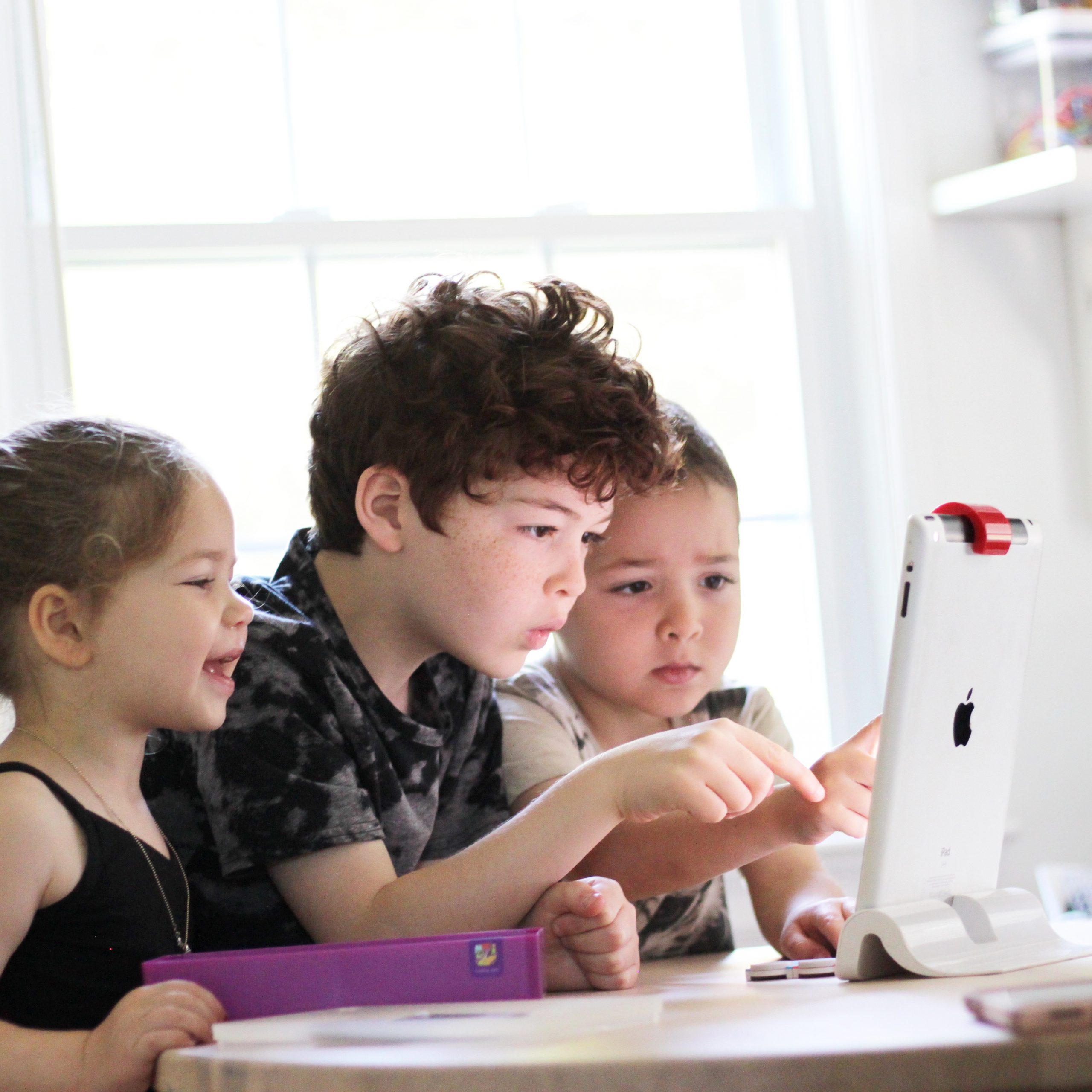


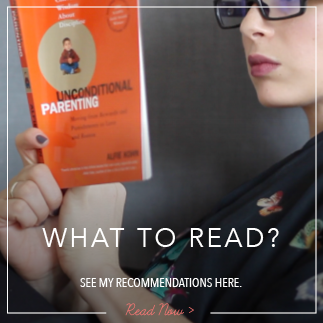
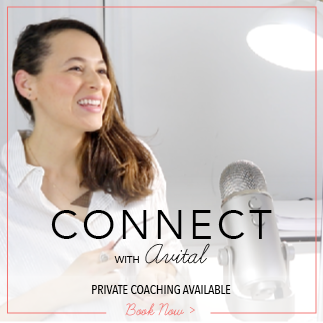

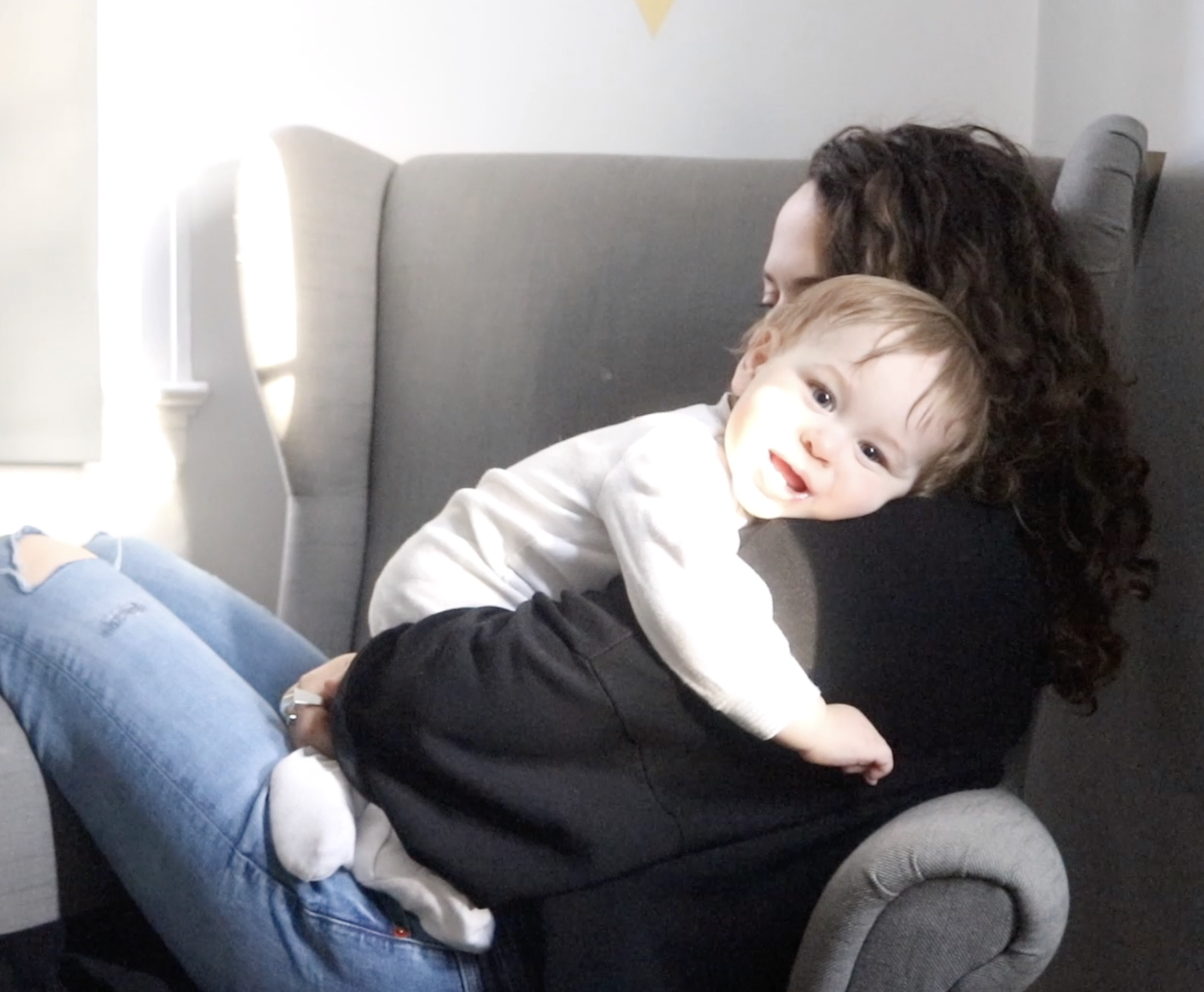
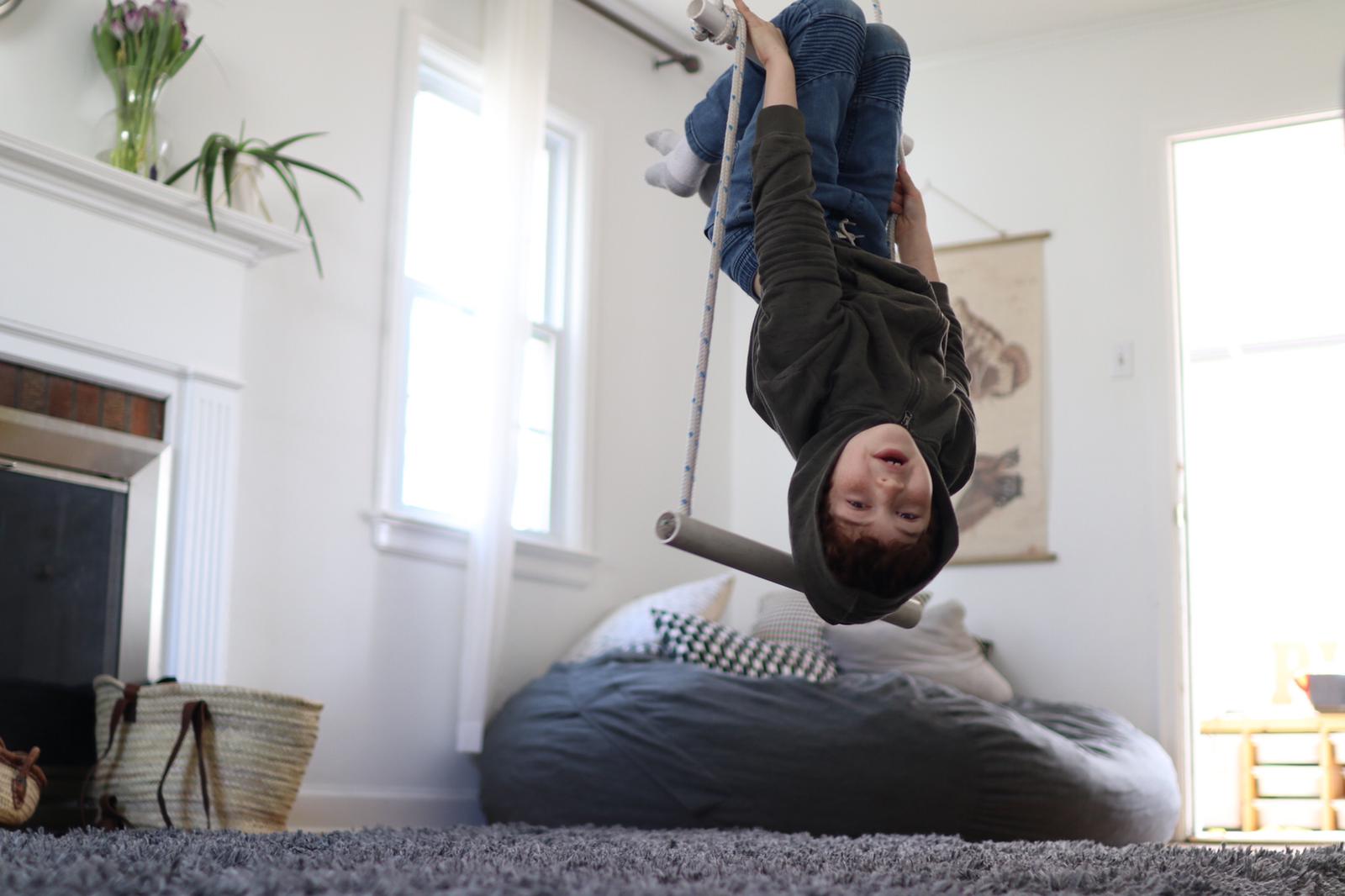
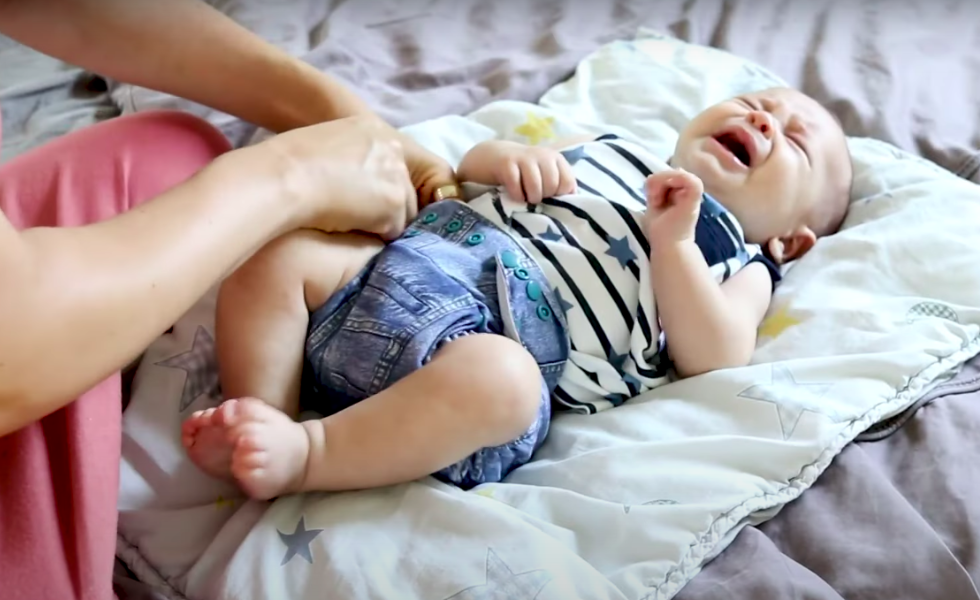

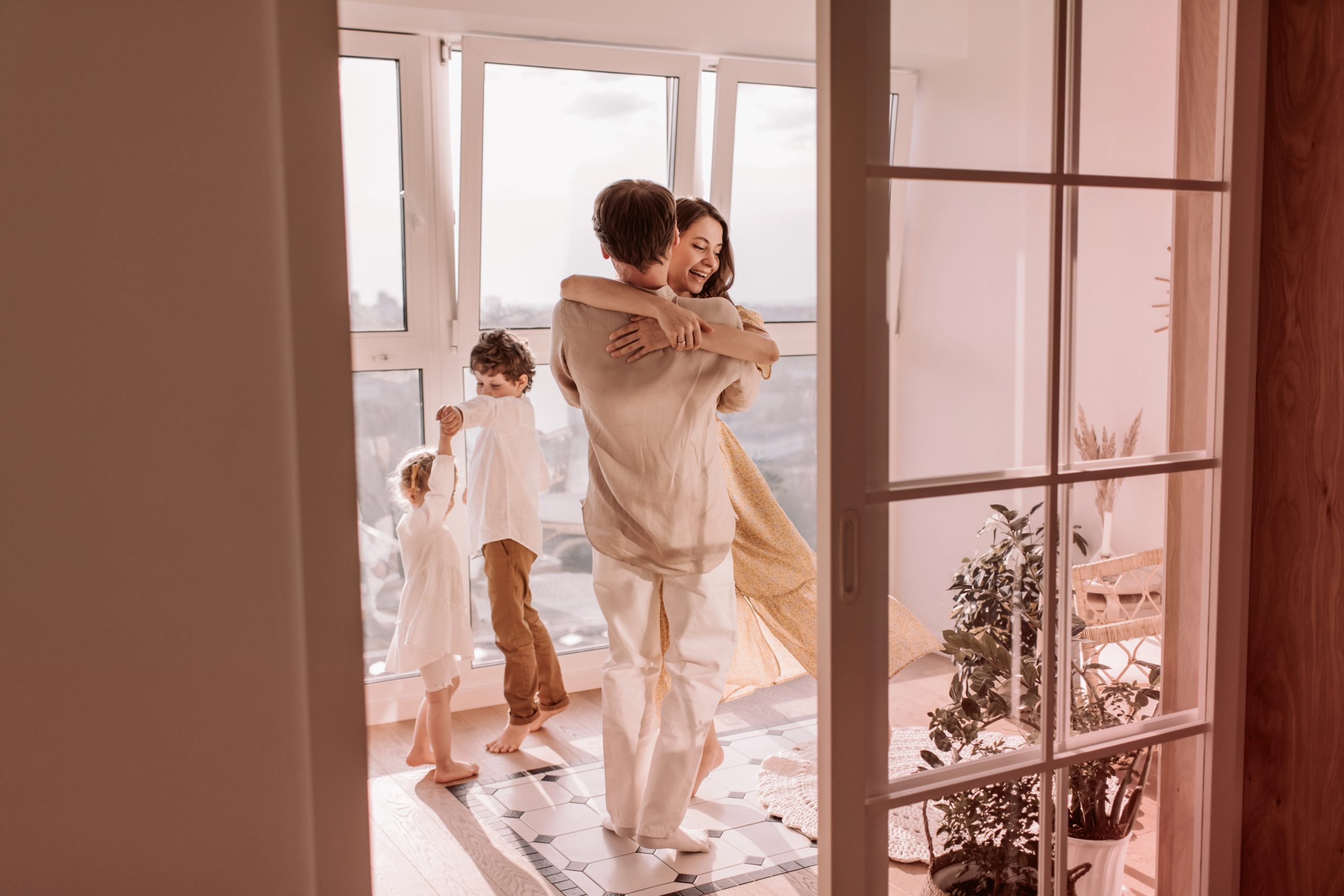
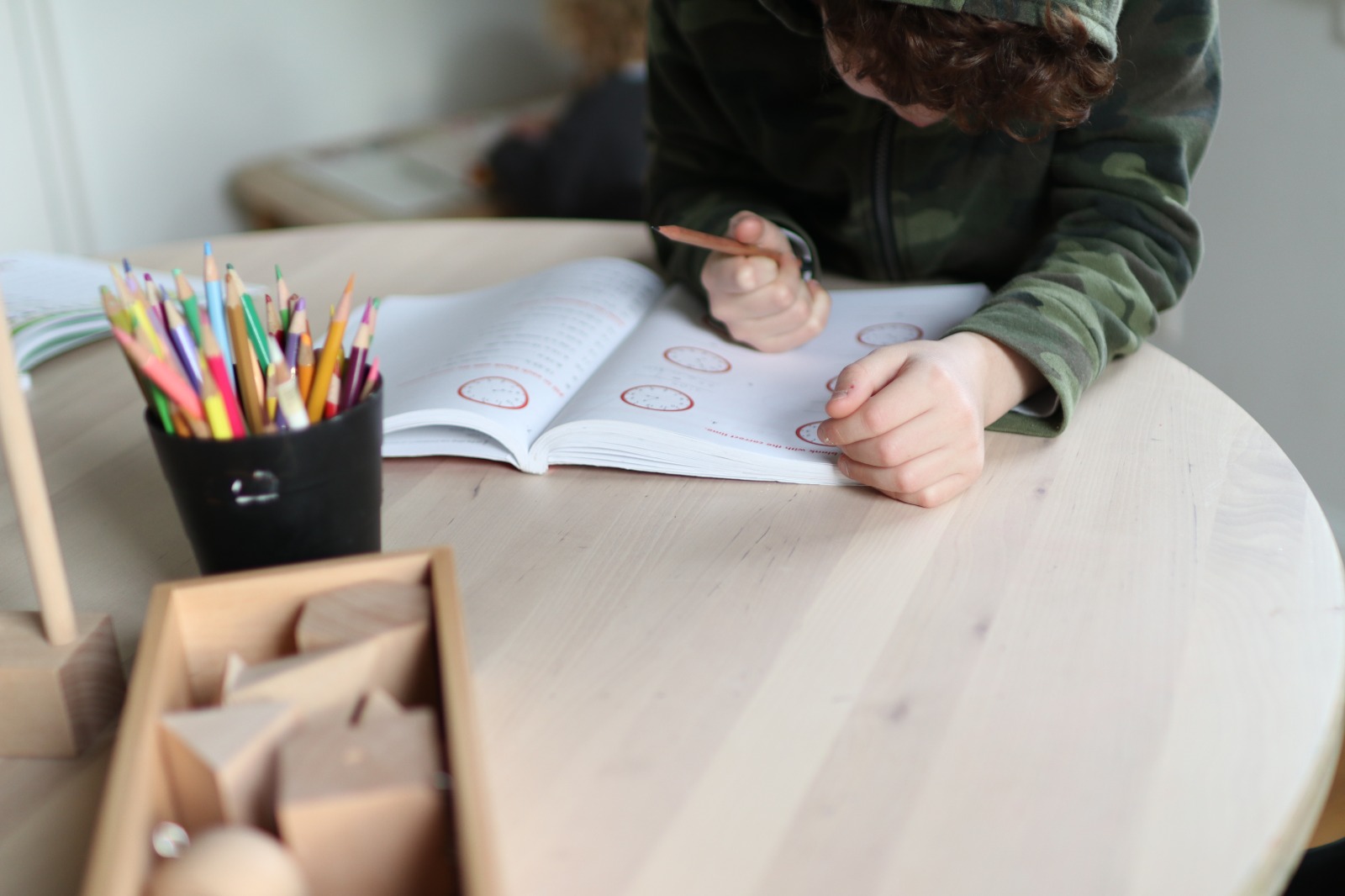
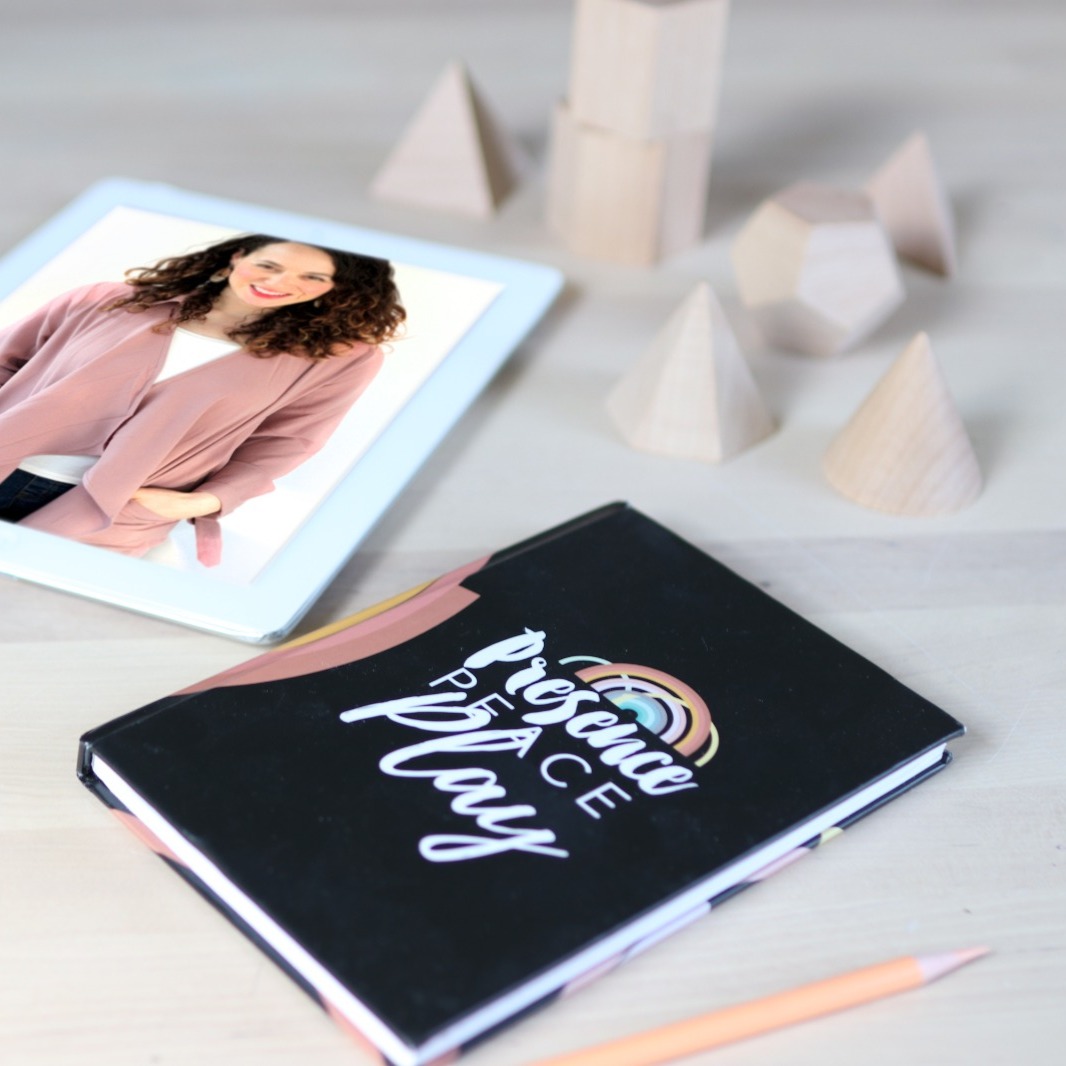

0 comments